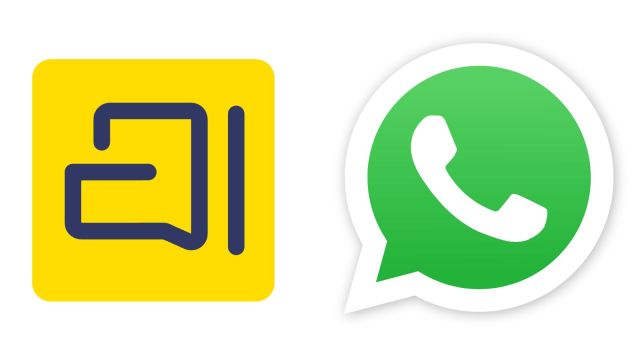
By Sai Rahul Poruri
Let me briefly talk about emails. I got my GMail account somewhere between 2007 and 2009, in a small internet cafe in a remote corner of Hyderabad. I had Yahoo and Hotmail email accounts before that and I created an Outlook email account at some point later, although I’m not sure why. A lot of my friends in 2009 were still using Hotmail, but that didn’t prevent me from sending emails to them via GMail. Over the past decade, I was able to communicate over emails with people who used Proton Mail, Outlook, Hotmail, Tuta Mail, or any of the other email service providers. This is because the rules (protocols, in technical jargon) that govern how email service providers can send and receive emails have been standardised by the Internet Engineering Task Force (IETF) Working Groups. Email service providers (like GMail) and clients (like Thunderbird or Outlook) adhere to these open standards, enabling interoperability. Adhering to the open standards ensures that users aren’t locked in to any of the service providers or clients. If a new email service provider, say iMail, chooses not to adhere to the email open standards, their users will only be able to exchange emails with other iMail users.
Cut to 2025, and I can only communicate with people on WhatsApp if I myself use WhatsApp. If I move out of WhatsApp, I lose direct access to the people still using WhatsApp. But this doesn’t have to be the case. It is possible, for instance, to exchange messages between Telegram and Element messaging applications (powered by the Matrix specification for communication). Even better, any messaging application that uses the eXtensible Messaging and Presence Protocol (XMPP) can communicate with one another, which is how I communicate with users of Prav (also built in India) via the Quicksy messaging app. Facebook Messenger supported XMPP until 2014, when they removed support for it. In its early days, WhatsApp, too, was based on XMPP. XMPP is an open standard governed by the IETF XMPP Working Group and messaging platforms can enable interoperability using XMPP.
I can understand the general public being swayed by the “Make in India” rhetoric and announcing their departure from WhatsApp to Arattai. What I don’t understand is public interest technologists and policymakers advocating for one centralised platform over another. Countless creators on YouTube lost access to their audience because YouTube changed their content moderation strategy, and innumerable social media influencers will remain stuck on centralised platforms because they are unable to lead their community out of the respective walled gardens. Policy makers in the EU have recognised the importance of interoperability between messaging platforms, enacting regulation that enables new messaging services to demand interoperability from existing big tech messaging applications like WhatsApp. Meta is updating WhatsApp and Facebook Messenger to enable interoperability for European users, but this might not work for Indian users because existing Indian regulation doesn’t demand this. Foundations like NLnet, a not-for-profit foundation registered in the Netherlands, are funding messaging applications that support XMPP on feature phones and smart phones.
Sadly, our default answer to Western Big Tech seems to be Indian Big Tech. But this doesn’t have to be the case. The software industry needs to do better at educating the general public about what is technologically possible, and our lawmakers need to enact policy that enables a large and vibrant ecosystem of messaging applications.
The writer is CEO, FOSS United